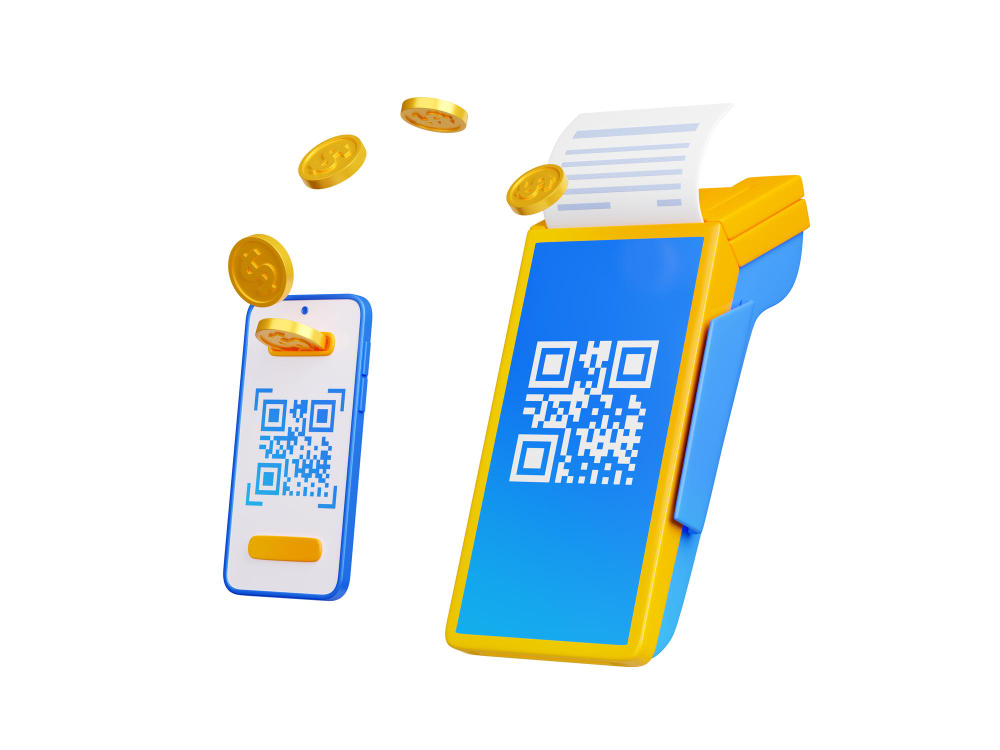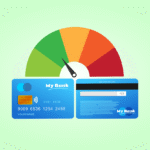Unified Payments Interface (UPI) has changed the way India handles money. From buying groceries to splitting bills with friends, UPI makes payments fast and easy. But with convenience comes risk, UPI frauds and scams are on the rise, targeting unsuspecting users across the country.
In this post, we’ll walk you through how to use UPI safely, common scams to watch out for, and practical tips to protect your money. Whether you’re a college student using Google Pay or a small business owner using PhonePe, these tips will help you stay secure.
What is UPI?
UPI stands for Unified Payments Interface, a real-time payment system developed by the National Payments Corporation of India (NPCI). It allows you to link your bank account to a mobile app and send or receive money instantly using just a mobile number, UPI ID, or QR code – no need for bank details.
Popular UPI apps in India include:
- Google Pay
- PhonePe
- Paytm
- BHIM
- Amazon Pay
Why Are UPI Scams Increasing?
Scammers are getting smarter. With more people relying on UPI, fraudsters are using fake calls, phishing links, screen sharing apps, and even fake QR codes to steal money. These scams often look harmless but can wipe out your bank account in seconds if you’re not careful.
Top UPI Scams to Watch Out For
1. Fake Customer Care Calls
You receive a call claiming to be from your bank or a UPI app. The fraudster asks for OTPs, UPI PINs, or to install remote access apps like AnyDesk.
Reality: No bank or UPI app will ever ask for your PIN or OTP over a call.
2. Request Money Scam
You try to sell something online, and the buyer sends a “money request” instead of transferring money. If you approve it, your account gets debited.
Tip: Only approve requests if you’re expecting to pay someone. Never approve a request while selling.
3. QR Code Scams
Scammers send you a QR code claiming you’ll receive money if you scan it. But QR codes are only for sending money, not receiving.
Important: Scanning a QR code means you’re paying – not the other way around.
4. Phishing Links
You get a message with a fake link to a UPI app or offer. Clicking it can download malware or lead to a fake app login page that steals your info.
Tip: Always download apps from official app stores. Never click on random links in SMS, WhatsApp, or emails.
5. Fake UPI Apps
Scammers create lookalike apps of Google Pay, PhonePe, etc., to trick people into entering sensitive information.
Reminder: Use official apps only, and double-check the developer name on the app store.
How to Use UPI Safely – 12 Practical Tips
1. Never Share Your UPI PIN
Your UPI PIN is like your ATM PIN – it’s private. Even if someone claims to be from your bank or customer support, do not share it.
2. Use Strong App Locks
Enable fingerprint or PIN protection on your UPI apps. This adds an extra layer of security in case your phone is lost or stolen.
3. Keep Your App & OS Updated
App updates often fix security issues. Make sure your UPI apps and mobile operating system are up to date.
4. Only Use Trusted UPI Apps
Stick to popular and verified apps like:
- Google Pay (by Google LLC)
- PhonePe (by PhonePe Pvt Ltd)
- Paytm (by One97 Communications)
- BHIM (by NPCI)
5. Double-Check Before Sending Money
Always verify:
- UPI ID
- Phone number
- Recipient’s name (shown before the final confirmation)
Take 5 extra seconds to review – it could save you thousands.
6. Don’t Approve Unknown Payment Requests
Never approve a request unless you’re 100% sure about who it’s from and why.
7. Beware of Remote Access Apps
Fraudsters may ask you to download apps like AnyDesk, TeamViewer, etc. These can give them full control of your device.
Rule of thumb: Never install any app on someone’s advice unless you fully trust the source.
8. Don’t Save UPI PINs on Notes or Messages
Store your UPI PINs in your mind – not on your phone. If your device gets hacked or stolen, saved notes or chats can be dangerous.
9. Check Bank SMS & App Notifications Regularly
Keep an eye on your transaction alerts. If something feels off, report it immediately to your bank.
10. Use a Secondary Bank Account for UPI
Consider linking a separate bank account with limited funds to your UPI apps. This way, even if fraud happens, your main account stays safe.
11. Enable App Notifications for Every Transaction
Turn on transaction alerts within the app. That way, you’ll be instantly notified if money goes in or out.
12. Report Fraud Immediately
If you suspect a scam:
- Call your bank or app’s customer care
- Report it on the NPCI website (https://www.npci.org.in/)
- File a complaint on the Cyber Crime Portal (https://cybercrime.gov.in)
The sooner you act, the higher the chance of recovering your money.
Final Thoughts
UPI is a brilliant innovation – it’s fast, secure, and simple. But like any digital tool, it comes with risks. By being aware of common scams and following basic safety tips, you can protect yourself and enjoy the true convenience of digital payments.
Stay alert, trust your instincts, and never share your UPI credentials.
Frequently Asked Questions (FAQs)
Q. Can someone steal my money with just my UPI ID?
No, your UPI ID alone isn’t enough to steal money. They’d also need your UPI PIN or access to your device.
Q. Is it safe to keep a large amount in a UPI-linked account?
It’s safer to keep a moderate balance and use a separate account for large savings.
Q. What should I do if I accidentally send money to the wrong UPI ID?
Immediately contact your bank and report the transaction. You can also raise a dispute from within the UPI app.





